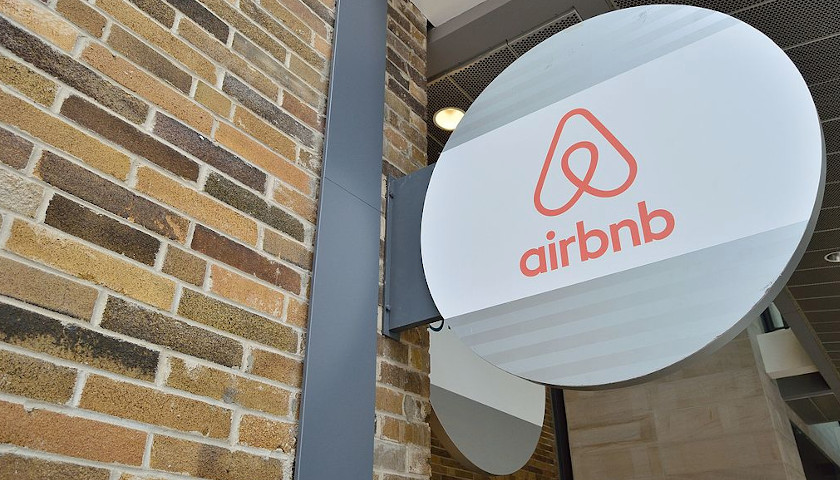A new database shows that some of Americans’ favorite companies—such as Airbnb, Amazon, and Disney—disregard religious freedom and free speech.
Alliance Defending Freedom, a legal organization devoted to protecting religious freedom and other First Amendment rights, joined with Inspire Insight, an investment tool that provides data on the religious values of companies, to produce the second annual Business Index ranking companies by Viewpoint Diversity Score.
Read More






